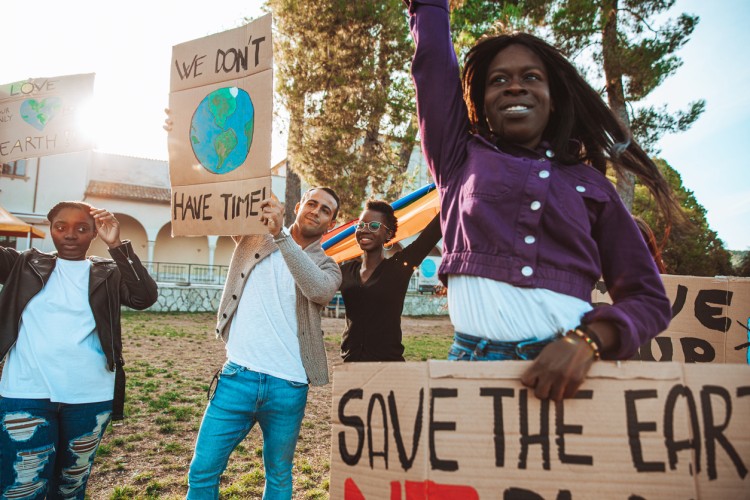The Urgency of Our Time
In today’s world, the urgency to address climate change and create a sustainable future has never been greater. With environmental concerns mounting and their devastating effects becoming increasingly evident, it is imperative that we take immediate action. This blog aims to highlight the urgency of our time and explore key points on how individuals can make a difference in the fight against climate change.
Understanding the Current Climate Crisis:
To comprehend the urgency of our time, we must first understand the severity of the current climate crisis. The scientific evidence is undeniable – greenhouse gas emissions, deforestation, and excessive consumption have led to rising global temperatures, extreme weather events, and the deterioration of ecosystems. The need for action is urgent, as the consequences of inaction can be catastrophic for future generations.
The Importance of Individual Action:
While governments and large-scale initiatives play a significant role in mitigating climate change, individual actions are equally crucial. Many underestimate the power of their personal choices, but collectively, they can have a substantial impact. From reducing energy consumption and embracing renewable energy sources to adopting sustainable transportation options and minimizing waste, every small action counts. By starting within our homes, workplaces, and communities, we can contribute to a sustainable future.
Engaging in Sustainable Practices:
To drive change, we must incorporate sustainable practices into our daily lives. One effective way to reduce our carbon footprint is by conserving energy. Simple actions like turning off lights when leaving a room, using energy-efficient appliances, and adjusting thermostats can significantly reduce energy consumption. Additionally, embracing renewable energy sources like solar or wind power can help transition towards a greener future.
Another area where individual action is pivotal is waste management. By practicing the 3Rs (reduce, reuse, recycle), we can minimize the amount of waste that ends up in landfills. Choosing products with minimal packaging, using reusable bags and containers, and recycling items are all impactful steps that can contribute to a sustainable future.
Advocating for Policy Change:
Individual actions alone cannot solve the climate crisis. We must advocate for policy changes at a local, national, and global level as well. By engaging with our elected officials, signing petitions, and participating in peaceful protests, we can demand stronger environmental regulations and commitments to combat climate change. It is essential to support and vote for politicians who prioritize sustainability, ensuring that policies align with the urgent need for action.
Collaboration and Community Engagement:
Creating a sustainable future requires collaboration and community engagement. By connecting with like-minded individuals and organizations, we can work together towards shared goals. Joining local environmental groups, participating in community clean-ups, and attending sustainability workshops are great ways to get involved. By sharing knowledge, resources, and ideas, we can amplify our impact and inspire others to take action as well.
The Role of Businesses and Industries:
While individual efforts are crucial, businesses and industries also play a significant role in driving change. Companies must adopt sustainable practices, prioritize renewable energy, reduce carbon emissions, and innovate in green technologies. This collective effort can transform industries, influence supply chains, and pave the way for a more sustainable future. By supporting environmentally responsible businesses and demanding sustainable practices from corporations, consumers can reinforce the urgency for change.
Overcoming Challenges:
Transitioning towards a sustainable future often comes with challenges. Common obstacles include financial constraints, lack of awareness, ingrained habits, and misconceptions about the effectiveness of individual actions. However, with the urgency at hand, it is crucial to overcome these challenges. Seeking out financial incentives, spreading awareness through education, and debunking myths can help create a more favorable environment for sustainability.
Conclusion:
The urgency of our time has brought the need for immediate action to the forefront. It is essential for individuals to realize the power they hold to create change in their daily lives. Small steps like reducing energy consumption, embracing sustainable transportation options, advocating for policy change, and engaging with communities can lead us toward a sustainable future. Let us seize this moment and collectively work towards securing a healthier planet for ourselves and future generations. The time for action is now.










Leave a Reply